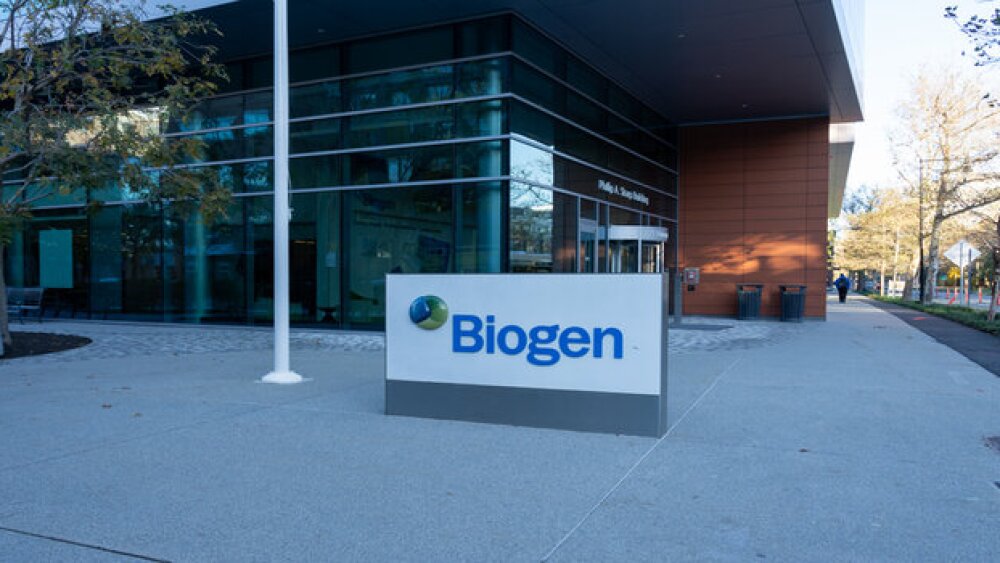Cumulus Neuroscience (Cumulus; The Company) today announced a major research collaboration with the Universities of Bath and Bristol on development of the Fastball electroencephalogram (EEG) test, an innovative diagnostic test for earlier detection of Alzheimer’s Dementia (AD).
BELFAST, Northern Ireland and CAMBRIDGE, Mass., July 13, 2023 /PRNewswire/ -- Cumulus Neuroscience (Cumulus; The Company), a global digital health company focused on advancing neuroscience clinical trials and patient care through improved data, today announced a major research collaboration with the Universities of Bath and Bristol on development of the Fastball electroencephalogram (EEG) test, an innovative diagnostic test for earlier detection of Alzheimer’s Dementia (AD). Supported by a UK National Institute for Health and Care Research (NIHR) Invention for Innovation (i4i) funding grant, the project will enable the research team to scale the development and testing of “Fastball EEG,” developed by Dr. George Stothart, a cognitive neuroscientist based in the Department of Psychology at the University of Bath. Dr. Stothart will be working closely with Cumulus throughout the study. Dr. Liz Coulthard, Associate Professor in Dementia Neurology at the University of Bristol and neurologist at North Bristol National Health Service (NHS) Trust, is the project co-lead. The long-term aim is to implement Fastball EEG as a commercial offering across the NHS in the UK and other markets, where Cumulus will lead all commercialization efforts. Fastball EEG is a completely non-invasive, passive 3-minute test that uses an EEG headset to measure brain activity while patients watch a series of flashing images displayed on a tablet or smartphone screen. Importantly, as a passive test, performance is not impacted by anxiety level, education level or language. Previous research from Dr. Stothart, Dr. Coulthard and colleagues has shown Fastball to be highly effective at picking up small, subtle changes in brain waves which occur when a person remembers an image. They have also demonstrated that this response changes when a person develops dementia, offering hope for its potential as a breakthrough for earlier diagnosis. The NIHR-funded study will enroll a diverse group of more than 1,000 patients, representing the largest study of its kind conducted to date in AD. The study will include next-generation blood-based biomarkers of pathology that, together with evidence of memory and cognitive impairment captured by the Fastball EEG test, satisfy the full criteria for a definitive diagnosis of AD. “Today, many patients living with Alzheimer’s dementia wait up to 20 years to receive a diagnosis. The pen and paper-based assessments currently used by physicians have limitations since they lack the objective physiological data that only an EEG can provide. As a result, clinicians struggle to achieve consistency in diagnosis across diverse patient populations and health centers worldwide,” said Brian Murphy, PhD, Founder and Chief Scientific Officer of Cumulus. “By removing barriers to diagnosis for all patients regardless of ethnicity or education level, Fastball EEG has the potential to accelerate enrollment in clinical trials, bringing much needed treatments to patients and their loved ones faster. We are honored to partner with the Universities of Bath and Bristol on this important study.” The Cumulus Neuroassessment Platform – which includes a first-in-class FDA-cleared and UKCA-marked dry electrode EEG headset – can track the integrity and connectivity of brain networks. This sophisticated headset synchronizes with tablet-based assessments across multiple domains of brain function for use in-clinic or unsupervised at-home, allowing for increased ease-of-use for patients, caregivers and clinical teams. “Nearly all of us know someone today or will be caring for someone tomorrow with dementia. The costs to families and health systems worldwide are enormous and expected to rise as the population ages,” said Dr. Stothart. “Quicker, more accurate ways to diagnose dementia are greatly needed so that patients can get treatments earlier and families have an opportunity to plan for the future. With the potential to diagnose patients up to 5 years earlier than standard tests, Fastball EEG represents a major breakthrough in this area. We are excited to partner with the team at Cumulus Neuroscience and leverage their advance AI-powered analytics to develop and validate this test at scale.” Dr. Coulthard added: “Our current diagnostic tests can be inaccurate and sometimes stressful for patients. A quick, easy-to-administer memory test could transform a patient’s journey to diagnosis. As we adopt new treatments into clinical practice, we will need to scale up our ability to diagnose patients at an earlier stage of disease across the socioeconomic spectrum. Fastball EEG offers the opportunity to improve the diagnosis of Alzheimer’s equitably with a platform that can be easily integrated into existing clinical workflows.” Alzheimer’s is a progressive disease that affects brain function, memory, and other cognitive abilities. It is the most common cause of dementia, affecting millions of people worldwide. Symptoms usually develop slowly and worsen over time, including memory loss, confusion, mood swings, changes in behavior and personality, and difficulty with language and communication. Currently, there is no known cure for Alzheimer’s. Today, earlier diagnosis can enable patients to make lifestyle changes, including exercising and decreasing alcohol consumption, both of which have been shown to slow disease progression. In the future, having the ability to diagnose patients earlier may expedite enrollment in clinical studies and the identification of new treatments. Cumulus supports precision in CNS clinical trials for its industry partners by enabling remote monitoring of patients across multiple domains of brain function. To learn more, visit www.cumulusneuro.com. About Cumulus Neuroscience Designed to provide an industry-wide standard for real-world measurement of disease progression, Cumulus combines patented technology, in-house expertise and key industry partnerships to capture large amounts of real-world, clinical data repeated over time, across multiple behavioral and physiological domains in the patient’s home – all with an EEG headset synced to a novel, tablet-based neuro-assessment platform. Together with machine learning (ML) analytics and the world’s largest database of annotated, longitudinal, neurofunctional data, Cumulus simplifies and improves the robustness of neuroscience clinical trials to provide the best and most cost-effective assessment of CNS treatment outcomes. The Company is supported by highly experienced specialized investors, DDF/SV Health Investors, LifeArc and Future Fund, and a world-class Scientific and Technical Advisory Board. FOR MORE INFORMATION
SOURCE Cumulus Neuroscience |





